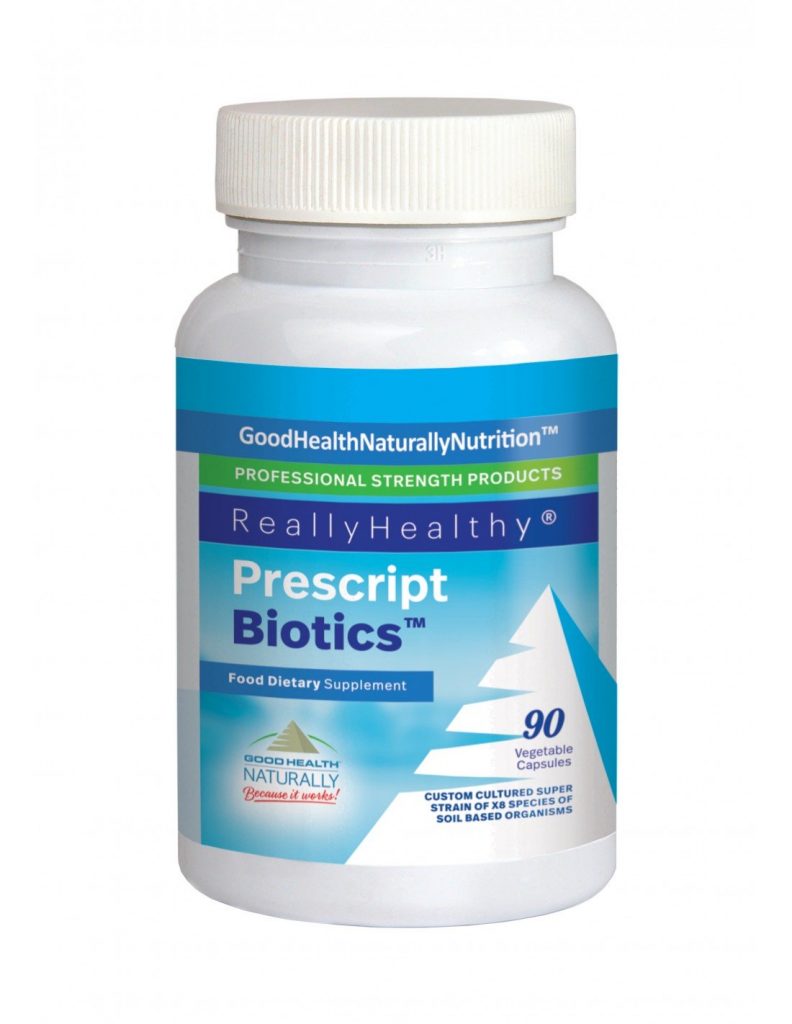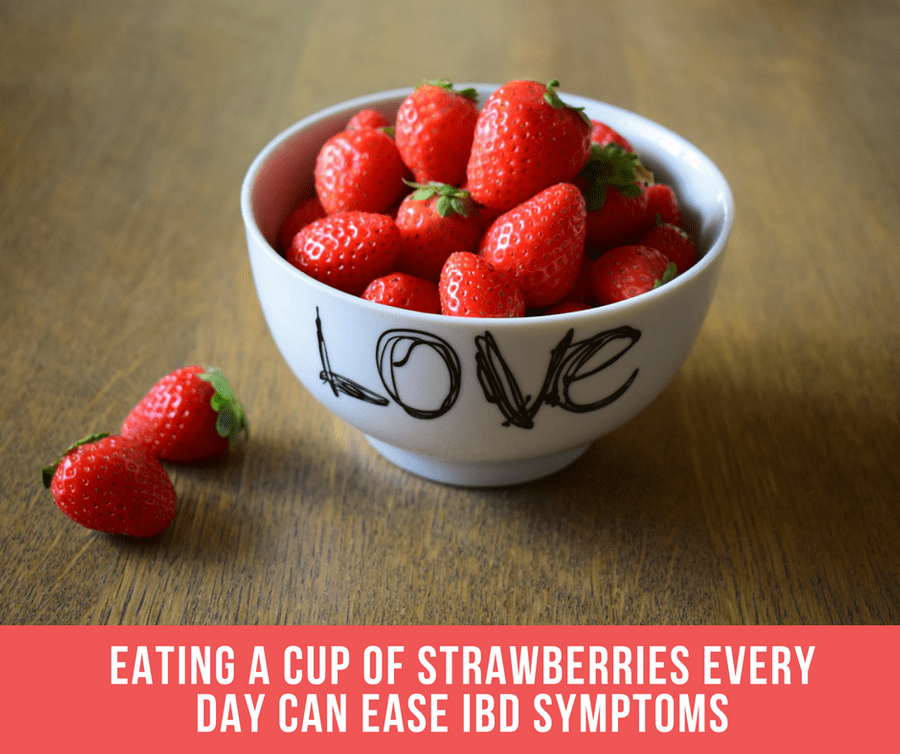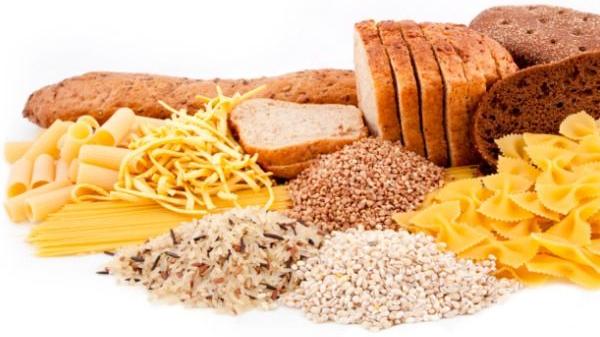Prebiotics are nutrients that the probiotics (good bacteria) in your gut microbiome require for best health.
The bacteria in the gut help the body to digest and metabolize the food we eat and numerous research studies demonstrate that these bacteria are vital to our overall health and wellbeing. These bacteria also activate hundreds of genes and the immune system.
Prebiotics are the nutrients that allow the friendly bacteria in the gut to multiply and these probiotics are most commonly found in fiber-rich foods.
The friendly bacteria thrive on the indigestible fiber and inulin is one of these types of water-soluble fiber that is most commonly found in foods such as asparagus, onions, leeks and garlic as they help to nourish the friendly bacteria in the gut.
How Prebiotics Can Support Sleep
Researchers have now found that taking a dietary probiotic can have a positive effect on rapid-eye movement (REM) and non-rapid eye movement (NREM) sleep cycles, all of which can positively affect sleep quality.
The researchers studied the effects of gut health and prebiotics and how it benefits REM sleep of certain animal test subjects. They were given a diet rich in prebiotics, starting from the age of 3 weeks old.
Previous studies into this noticed that the results suggested daily stress can alter the gut microbiome in a manner that also affects the sleep-wake cycle. The goal of their research was to determine if taking a prebiotic may help to improve sleep quality when placed under stress.
For four weeks, the test subjects were fed a manufactured diet containing prebiotic fiber or a control diet. After this time, the researchers analysed excrement and found that eating prebiotics had an increase in beneficial gut bacteria, compared with the control group.
When the friendly bacteria metabolize the prebiotic fiber, they don’t just grow and multiply, they also excrete a metabolite that’s known to be beneficial for brain health. The test subjects eating a diet rich in prebiotics were also found to spend more time in restful and restorative NREM sleep than those on the control diet.
Scientists therefore concluded that with the right nutrition and sufficient NREM sleep, it’s possible to impact brain development and function, to improve sleep problems. Taking a prebiotic in early life could greatly improve your sleep quality, along with promoting optimal brain and psychological health.
Stress levels were also found to improve due to increased REM sleep. Prior research has also shown that people who have more REM sleep after a significant trauma are less likely to suffer from post-traumatic stress disorder.
Why Prebiotics Are Important
Fiber rich foods are important prebiotics for friendly bacteria but in many foods they are often accompanied by sugar and carbohydrates, causing the unfriendly bacteria to grow and multiply. Processed foods and refined carbohydrates can affect the gut microbiome, especially if you don’t have enough beneficial bacteria to stay healthy.
The test group involved in the study didn’t experience any stress disruption in their gut microbiome as the control group of test subjects did and they even returned to a normal sleep pattern more quickly than the control group too.
This study therefore highlights the importance of prebiotics on gut health and its role with inflammation, obesity, depression, insulin resistance and metabolic syndrome.
All prebiotics are fiber but not all fiber has a prebiotic effect on the friendly bacteria. To be classed as a prebiotic, fiber must resist gastric acidity, resist any absorption in the upper gastrointestinal tract, be fermented by intestinal flora and stimulate the activity or growth of beneficial bacteria.
Add More Healthy Prebiotics Into Your Life
Raw whole foods containing fiber are the most healthy and beneficial prebiotics to include in your diet. Some of these foods include:
- Asparagus
- Beetroot
- Chickpeas
- Fennel
- Garlic
- Green peas
- Leeks
- Lentils
- Onions
- Pomegranate
- Pistachio Nuts
- Seaweed
However, it’s not always possible to get enough prebiotic fiber from foods alone, especially if you want them to nourish your good bacteria. For this reason it’s worth including a healthy prebiotic supplement into your daily routine to increase beneficial gut bacteria.
Recommended Example
 Prescript-Biotics™ – Recommended to support a healthy and strong immune system. SBOs in PrescriptBiotics™ are cultured together and encapsulated with their own ancestral food source to keep them vital and living: a humic and fulvic acid prebiotic made from minerals that are billions of years old and extracted from deep inside the earth.
Prescript-Biotics™ – Recommended to support a healthy and strong immune system. SBOs in PrescriptBiotics™ are cultured together and encapsulated with their own ancestral food source to keep them vital and living: a humic and fulvic acid prebiotic made from minerals that are billions of years old and extracted from deep inside the earth.
PrescriptBiotics™ capsules are pure, chemical-free, toxin-free, GMO-free, nutrient-rich, and naturally dehydrated to avoid damage done in the freeze-drying process.
Recommended Dose: Take 1 capsule a day. Increase by one capsule a day, for each week.
Available from Good Health Naturally.





